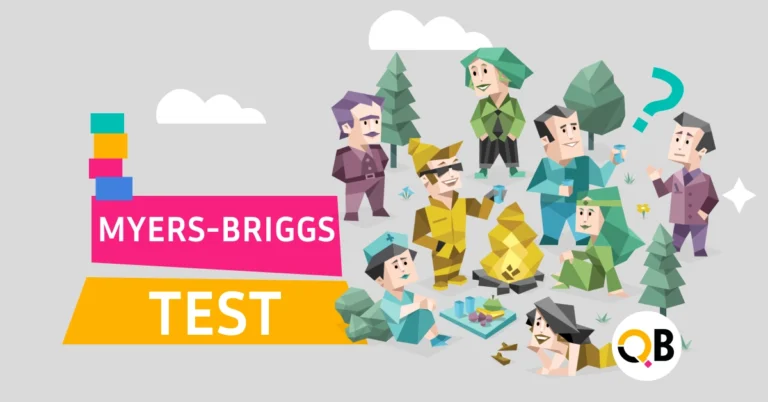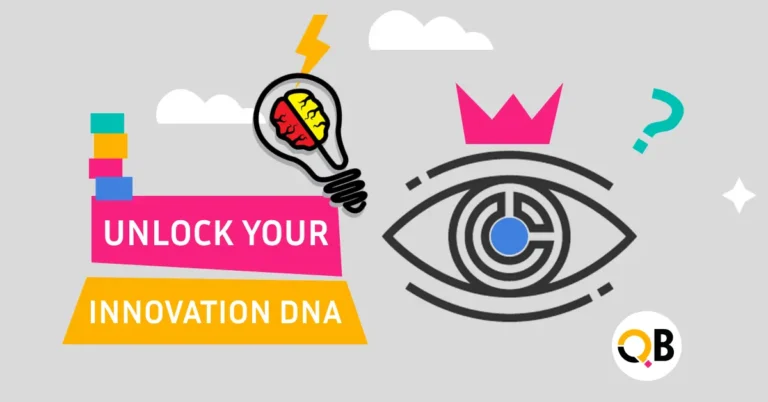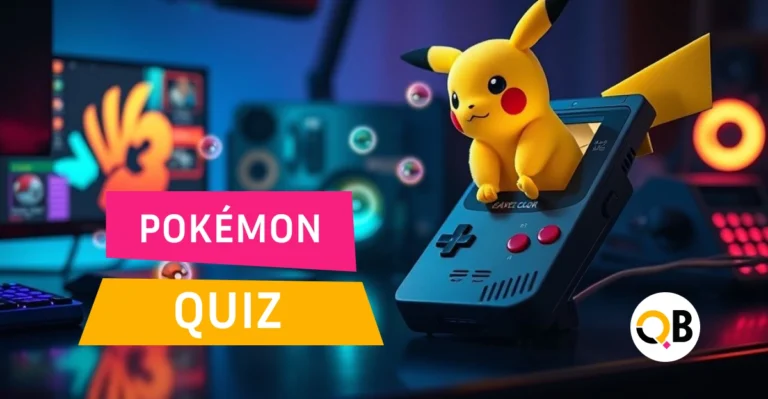Big Five Personality Test (OCEAN)
Free Quiz & Traits Explained
Ever wonder why some people are adventurous and spontaneous, while others prefer structure and routine? Or why some thrive in social settings while others recharge alone?
Psychologists have been asking these questions for decades, and one of the most trusted answers comes from the Big Five Personality Test — also called the OCEAN model or Five-Factor Personality Test.
On this page, you can:
- Take a free Big Five personality quiz and get instant results
- Learn what each of the five traits means
- Discover how accurate this test is (and how it compares to Myers-Briggs)
- See how your traits can affect work, relationships, and personal growth
🧠 Take the Free Big Five Personality Quiz
Ready to uncover your personality profile?
Answer a few quick questions and see how you score across the five major traits — Openness, Conscientiousness, Extraversion, Agreeableness, and Neuroticism (OCEAN).
✅ After taking the quiz, scroll down to learn what your results mean and how to use them in real life.
What Is the Big Five Personality Test?
The Big Five Personality Test is one of the most scientifically backed ways to understand personality. It measures where you fall on five key dimensions:
- Openness – Creativity, curiosity, willingness to try new things
- Conscientiousness – Organization, reliability, discipline
- Extraversion – Energy, sociability, assertiveness
- Agreeableness – Empathy, kindness, cooperativeness
- Neuroticism – Emotional sensitivity, stress reactivity
Psychologists often use the acronym OCEAN to remember these five traits.
Unlike personality quizzes that assign a single “type,” the Big Five measures you on a spectrum for each trait. That means your results are unique to you — a blend of all five dimensions.
How to Take the Big Five Test
The test usually includes 40–120 short statements such as:
“I am talkative.”
“I get chores done right away.”
You rate each statement from “strongly disagree” to “strongly agree.”
Time required: Most online Big Five tests take about 10–15 minutes.
Tips for accurate results:
- Answer honestly (not how you wish you were).
- Don’t overthink each question.
- Take it when you’re calm and focused.
📌 Internal Link Suggestion: Link to your IQ Test or EQ Quiz for users who want more self-discovery tools.
Is the Big Five Personality Test Scientific?
Yes — the Big Five is considered the gold standard in personality research.
- Reliability: People usually get similar results when retaking the test.
- Validity: The five traits correlate strongly with real-life behaviors — conscientiousness predicts job performance, extraversion predicts social activity, etc.
- Comparison with MBTI: The Big Five is more scientifically supported than the Myers-Briggs test, which is popular but less reliable.
The Five Traits (OCEAN) Explained
Here’s what each trait means — and what high and low scores might look like.
1. Openness to Experience
- High: Creative, imaginative, curious, open to new ideas
- Low: Prefer routine, practical, focused on the familiar
2. Conscientiousness
- High: Organized, disciplined, detail-oriented
- Low: Spontaneous, flexible, sometimes disorganized
3. Extraversion
- High: Sociable, energetic, assertive
- Low (Introversion): Quiet, reflective, enjoy solitude
4. Agreeableness
- High: Kind, cooperative, empathetic
- Low: Competitive, skeptical, direct
5. Neuroticism
- High: Emotionally sensitive, easily stressed
- Low: Calm, emotionally stable, resilient
📌 Internal Link Suggestion: OCEAN traits explained
Big Five for Students, Jobs & Relationships
For Students
Knowing your Big Five profile can guide you toward study methods and careers that suit your personality.
For Job Interviews
Some employers use Big Five assessments to measure traits like conscientiousness and agreeableness. Use your results to highlight strengths in your resume and interviews.
For Relationships & Compatibility
Understanding each other’s traits can improve communication and reduce conflict. For example, two extraverts might enjoy a busy social life together, while introverts may need quiet time.
Can Big Five Traits Change Over Time?
Research shows personality is relatively stable, but not fixed.
- Early adulthood: Most people become more conscientious and agreeable over time.
- Life events: Marriage, parenthood, or career changes can shift traits slightly.
- Deliberate growth: Therapy, coaching, or mindfulness can encourage positive trait changes.
Big Five vs. Myers-Briggs (MBTI)
| Big Five | Myers-Briggs | |
|---|---|---|
| Measures | 5 trait dimensions (OCEAN) | 16 personality types |
| Scientific Support | Strong | Limited |
| Results | Spectrum-based | Binary categories |
| Best For | Research, personal growth, hiring | Corporate workshops, icebreakers |
If you love MBTI, check out our MBTI quiz — but know that Big Five is generally more accurate and nuanced.
Understanding Your Results
Your quiz results will give you a score (0–100%) for each of the five traits.
Example:
- Openness: 82% (High)
- Conscientiousness: 65% (Moderate)
- Extraversion: 40% (Lower)
- Agreeableness: 75% (High)
- Neuroticism: 55% (Average)
Use your scores as a starting point for self-discovery, not a fixed label.
❓ Frequently Asked Questions (FAQ)
How long does the Big Five test take?
Most versions take 10–15 minutes.
Is the Big Five test free?
Yes — our quiz above is 100% free.
Is it accurate?
Yes, the Big Five has strong scientific validity.
Can my personality change?
Yes, but usually gradually over time.
Do employers use this test?
Some do, especially for roles where personality fit is important.
Summary & Take the Quiz
The Big Five Personality Test helps you understand yourself on five scientifically validated traits: Openness, Conscientiousness, Extraversion, Agreeableness, and Neuroticism.
Take the quiz above, explore your results, and use them to grow personally, choose better career paths, and improve your relationships.
Internal Link Suggestions
Quizzes: Link to IQ Test, EQ Test, and Myers-Briggs Quiz.
Blog Posts: Link to personality-related posts like “The 16 Myers-Briggs Personality Types Explained” or “How Accurate Are Online Personality Tests? A Scientific Breakdown”





Leave a Reply